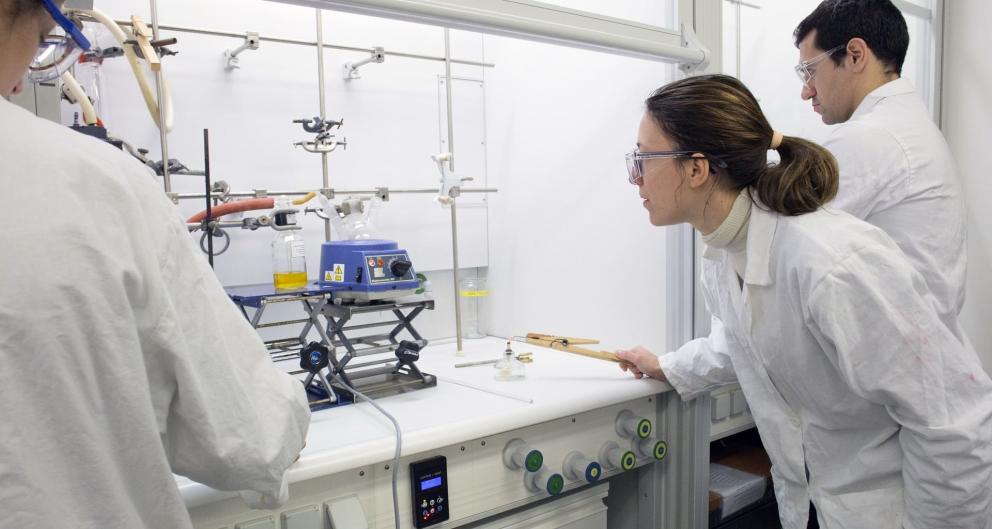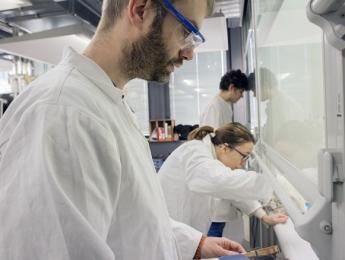
Partnership-Oriented Research
It is not a matter of having a simple contractual relationship, but of fostering understanding, stimulating curiosity and accompanying and facilitating knowledge acquisition. The partners' business and academic expertise are complementary in that sense.
Today’s scientific research has been partly developing outside the traditional academic and scientific communities in which it had long been structured, coming at last into contact with a socio-economic world that is equally aware of the need to build new economic and development models, and therefore, new partnerships, to innovate and combine everyone’s skills as effectively as possible.
These developments align with our strategy to foster partnership-oriented research where people come together to study and understand a shared subject and create innovative research where a market application is not an unlikely and unexpected success, but a dimension of the research conducted along with its heuristics.
In the same vein, our goal consists in developing a shared focus with partners who have different issues and goals from those of the academic world. The stake here is to ensure a fruitful interaction between the socio-economic world and the world of research, not so that one enforces its tempo or vision on the other but so that they harmonise their creative rhythms to approach today’s scientific, technical, economic and societal challenges.

In orienting our policy towards the creation of real and responsible partnerships over the long term, and on building them on mutual trust, we have favoured the following forms of collaboration:
-
Joint laboratories bringing together researchers from several backgrounds, on dedicated premises, for a period of at least 5 years. Theses research units facilitate knwoledge pooling to make mutual material and intellectual contributions.
-
Carnot institutes, where the university has successfully managed to build a trust-based relationship with its partners. Carnot institutes provide skill development gathered around an offer or a joint-project: the challenge is not to provide anonymous know-how but to configure and integrate it into the answers to be provided to resolving an issue in a particular socio-economic sector (e.g. medical devices);
-
Collaboration agreements where the faculty cultivates real collaborations that go beyond simple services.
